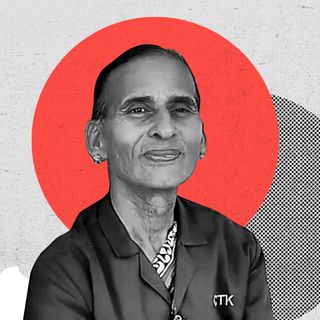In its 120-seat parliament, New Zealand now has 12 MPs who openly identify as members of the LGBTQ+ community — making it the queerest parliament in the world.
With almost 10% of its parliament comprising LGBTQ+ community members, New Zealand has surpassed the U.K.’s 7% — formally the most LGBTQ+ representative government in the world.
According to the Kinsey reports, a series of seminal books on human sex and sexuality published in the mid-90s, 10% of the global population is estimated to be queer — exactly what New Zealand’s parliamentary composition now represents. It’s even an overrepresentation of New Zealand’s LGBTQ+ population, which is roughly 3.5% of all New Zealanders, according to a general social survey conducted in the country in 2018.
In the general election held this month, besides increasing the number of MPs from the LGBTQ+ community, voters also elected to parliament many women, people of color, and members of indigenous communities, leading global publications to tout the New Zealand parliament as “the most inclusive ever.”
Related on The Swaddle:
Government Committee Selected to Reform Criminal Laws Lacks Diversity of Representation
Experts are calling the inclusive parliament a generational change. “A number of longstanding MPs — older, white, male — have left, but they have been replaced by a much more diverse new intake: Maori, Pasifika, other ethnicities and the Rainbow community. Half of the Labor caucus are women,” Professor Paul Spoonley, a sociologist from New Zealand, told The Independent, adding that the crop of new MPs “represent[s] the contemporary face of New Zealand in parliament.
Diversity of representation in governance could help address systemic and institutional biases.“The more closely government represents the composition of society as a whole, the more stable its policies are likely to be,” Human Rights Watch had noted. Moreover, better representation alsos help to address concerns that apply exclusively or disproportionately to different groups, much more effectively.
Studies have also found that more women in parliament reduces corruption, and also leads to increased focus on improving the quality of life, in addition to reflecting priorities of families, women, and also, ethnic and racial minorities. More recently, an analysis by the World Economic Forum found that countries with women leaders reported lower Covid19 deaths
However, several countries still have a long way to go, in this regard. Earlier this year, following the elections in Delhi, a grand total of zero women were sworn in to the cabinet — despite the fact that while only 12 women from the now-ruling party were given the opportunity to contest, a staggering eight had emerged as winners. Last month, only two women were announced as part of a 20-person lineup for Japan’s new cabinet, leading a member of the ruling party itself to describe Japan as a “democracy without women.” With its current parliament, New Zealand has certainly set an example for the world to follow.
“Numbers do matter. We have a critical mass with high visibility and we’re seen as valid,” Louisa Wall, an MP, told The Australian.




